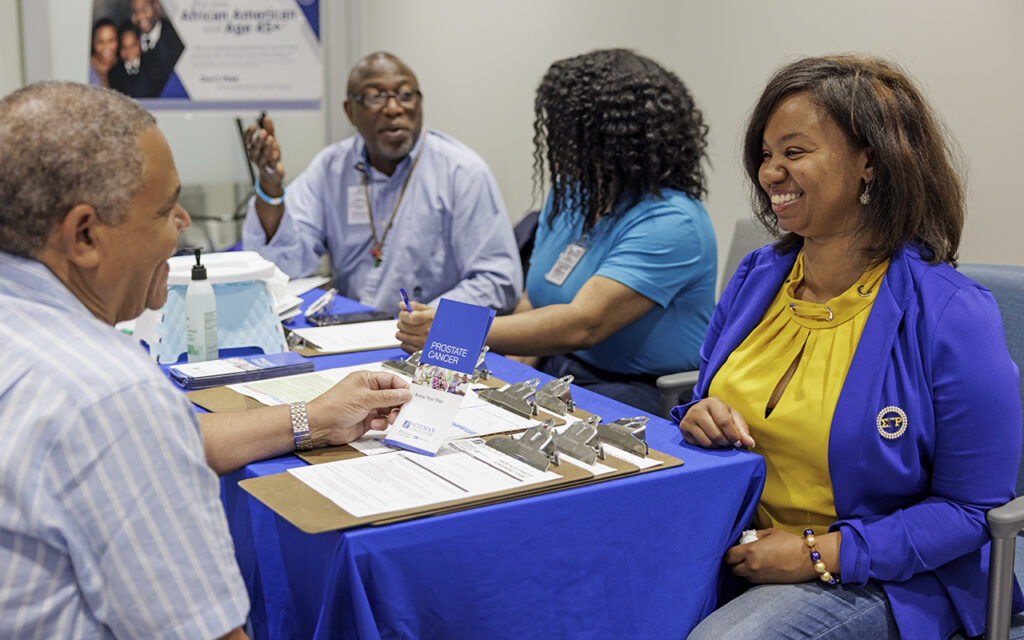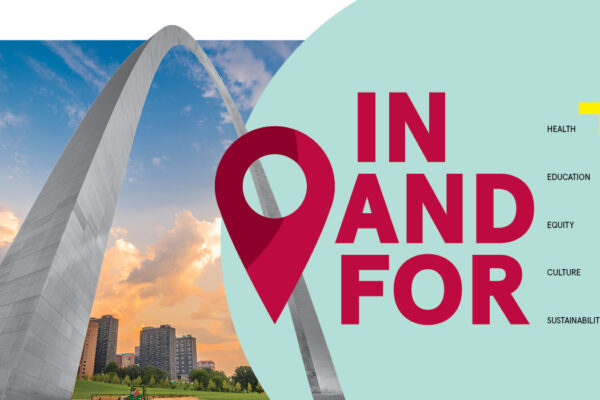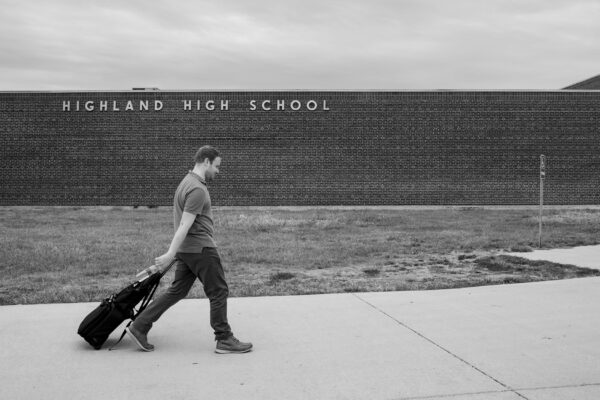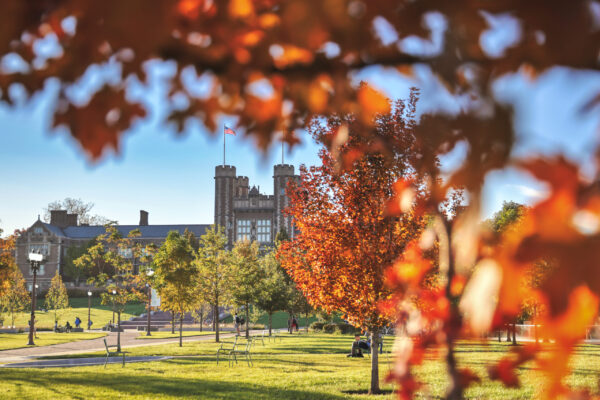Washington University in St. Louis continues to play a vital role in the local economy, providing jobs, supporting local businesses and drawing millions in research dollars to the region. During fiscal year 2023 which concluded on June 30, the university’s direct and indirect contributions to the St. Louis economy totaled $8.8 billion. WashU also supported a total of 54,380 jobs in the region.
“At WashU, we’re proud of our global reach as an educational and research institution. But we are equally proud to be a citizen of our hometown of St. Louis,” said Chancellor Andrew D. Martin. “We recognize the creativity and innovation already abundant in our city, and we seek to leverage our strengths in order to advance health, educational opportunities, economic mobility and racial equity for all St. Louisans, and indeed, for the broader Missouri and southern Illinois region.”
In 2023, WashU directly contributed $3.6 billion to the local economy, spending $379 million in construction, $266 million in local goods and services and $2.1 billion in employee compensation. With 20,765 employees, WashU is the region’s second-largest employer. In addition, WashU students spent $212 million at local businesses.
WashU also is working to be more accessible. The university recently unveiled its new no-loan policy and, in 2023, invested $477 million in financial aid, including $6.7 million in aid to 83 WashU Pledge scholars from Missouri and southern Illinois. The Princeton Review recognized these strides, naming WashU #1 in the nation for financial aid.
In addition, WashU launched the School of Continuing & Professional Studies (CAPS), which is helping St. Louisans of all ages and backgrounds gain the skills needed for high-demand, high-paying jobs in data, health care and management. One early initiative is a healthcare transitions certificate that prepares students to fill entry level jobs in healthcare.
“St. Louis has some of the most talented, brightest people I’ve ever met,” said Sean Armstrong, dean of CAPS. “Through a variety of programs, we are paving new pathways for our students to grow personally and professionally.”

WashU also serves as a leader in patient care and public health. In 2023, WashU physicians provided 2,456,881 patient visits and $235 million in uncompensated care. WashU faculty members also are joining forces with community groups to advance the health of the region. Examples include Matthew Kreuter, a Brown School expert who worked to increase vaccination rates among vulnerable St. Louisans; Bettina Drake, a School of Medicine epidemiologist who leads Siteman Cancer Center’s outreach efforts; and Wyly Brown, a Sam Fox School designer who worked with College Hill residents to create a park in the only St. Louis neighborhood without one.
“People really care about each other in this community,” Drake said. “Our job is to be in conversation with these organizations and incorporate their experiences and voices into our work.”
WashU also is a launch pad for new businesses and discoveries. The university drew $978 million in research funding, making it one of the nation’s top R&D recipients. WashU also is a founding member of Cortex, the regional center for innovation and entrepreneurship that has brought thousands of jobs and millions in investment to St. Louis.
Lisa Weingarth, senior advisor for St. Louis Initiatives, said WashU’s work to be “In St. Louis, for St. Louis” will continue into the new year.
“We are committed to partnering with our community on a more vibrant and equitable St. Louis,” Weingarth said. “In everything we do — from our collaborations with community groups and local schools to our exceptional patient care to our sponsorship of events that celebrate our city’s vibrant culture — WashU is invested in St. Louis.”
Read the full report here.



